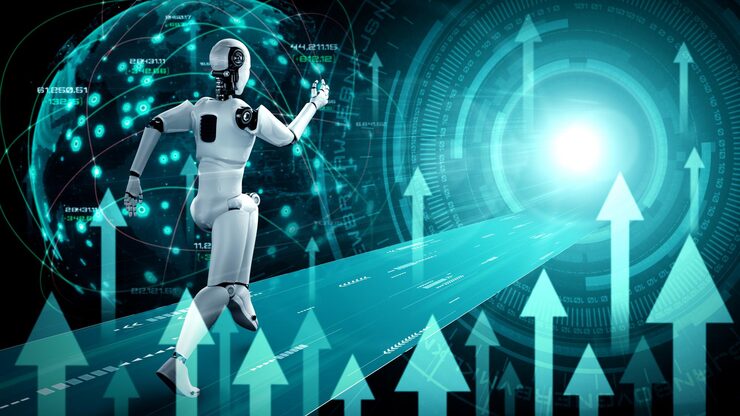Artificial Intelligence (AI) is transforming industries across the globe, from healthcare to marketing. But what exactly does AI stand for? Simply put, AI refers to machines or software systems that are capable of performing tasks that would typically require human intelligence. These tasks can include decision-making, problem-solving, learning, and pattern recognition.
The Evolution of AI
The concept of AI isn’t new; it dates back to the 1950s when pioneers like Alan Turing laid the groundwork for what we now consider modern AI. Today, AI encompasses various subfields, including machine learning, natural language processing, and robotics, all of which aim to mimic human cognitive functions.

Applications of AI
In real life, AI is behind many of the innovations we rely on daily. For example, AI powers personal assistants like Siri and Alexa, self-driving cars, and even medical diagnosis tools. In business, AI helps companies optimize operations, personalize customer experiences, and drive innovation.
The Future of AI
As technology advances, the possibilities for AI are endless. It’s expected to revolutionize sectors like education, finance, and even creative industries, making our daily lives more efficient and interconnected.
In conclusion, when you ask, “what does AI stand for?” you are inquiring about a technology that is shaping the future. The ongoing development of AI will continue to impact our world in profound ways.


